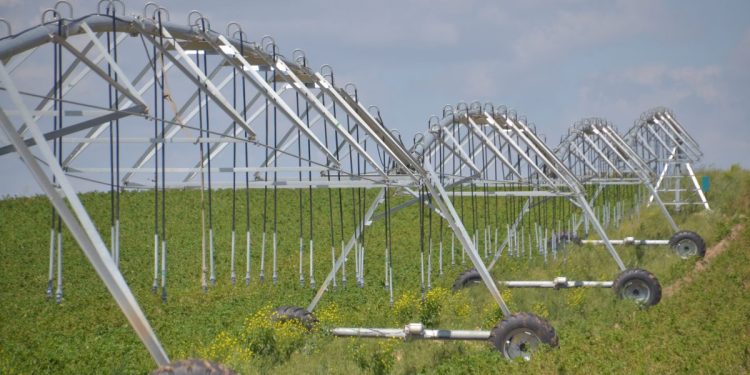Today, March 22nd, marks World Water Day, a global initiative aimed at highlighting the importance of freshwater and advocating for the sustainable management of water resources. As we reflect on the significance of water for life on our planet, it’s crucial to recognize its pivotal role in agriculture, particularly in the cultivation of staple crops like potatoes.
Water is not only essential for sustaining human life but also serves as a cornerstone of agricultural practices worldwide. Among various crops, the potato emerges as a standout for its relatively lower water footprint. While crops like rice and pasta require substantial amounts of water for cultivation, potatoes demonstrate a more efficient use of this precious resource.
For instance, to produce just one kilogram of potatoes, approximately 500 liters of water are needed. In contrast, the production of the same amount of rice demands a staggering 2500 liters of water. This stark contrast underscores the potato’s efficiency in water usage, making it a more sustainable option for agricultural production, especially in regions facing water scarcity or limited irrigation resources.
The potato’s lower water footprint can be attributed to several factors inherent in its cultivation process. Unlike rice, which often requires flooded fields for growth, potatoes can thrive with significantly less water. Additionally, advancements in farming techniques, such as precision irrigation and drought-resistant potato varieties, further contribute to reducing water consumption in potato cultivation.
Furthermore, the versatility of potatoes in various climates and soil conditions enhances their suitability for sustainable agriculture practices. Whether grown in arid regions or areas with ample rainfall, potatoes demonstrate resilience and adaptability, making them an invaluable asset in efforts to promote food security and mitigate the impacts of climate change.
As the global population continues to grow, placing greater demands on water resources and agricultural production, the importance of sustainable crop choices like potatoes becomes increasingly evident. By prioritizing crops with lower water footprints, farmers can mitigate water stress, conserve resources, and contribute to building resilient agricultural systems capable of meeting future challenges.
On this World Water Day, let us acknowledge the vital role of water in agriculture and recognize the potato’s contribution to sustainable food production. By embracing practices that optimize water usage and promote crop efficiency, we can safeguard water resources for future generations while ensuring food security and environmental sustainability.







